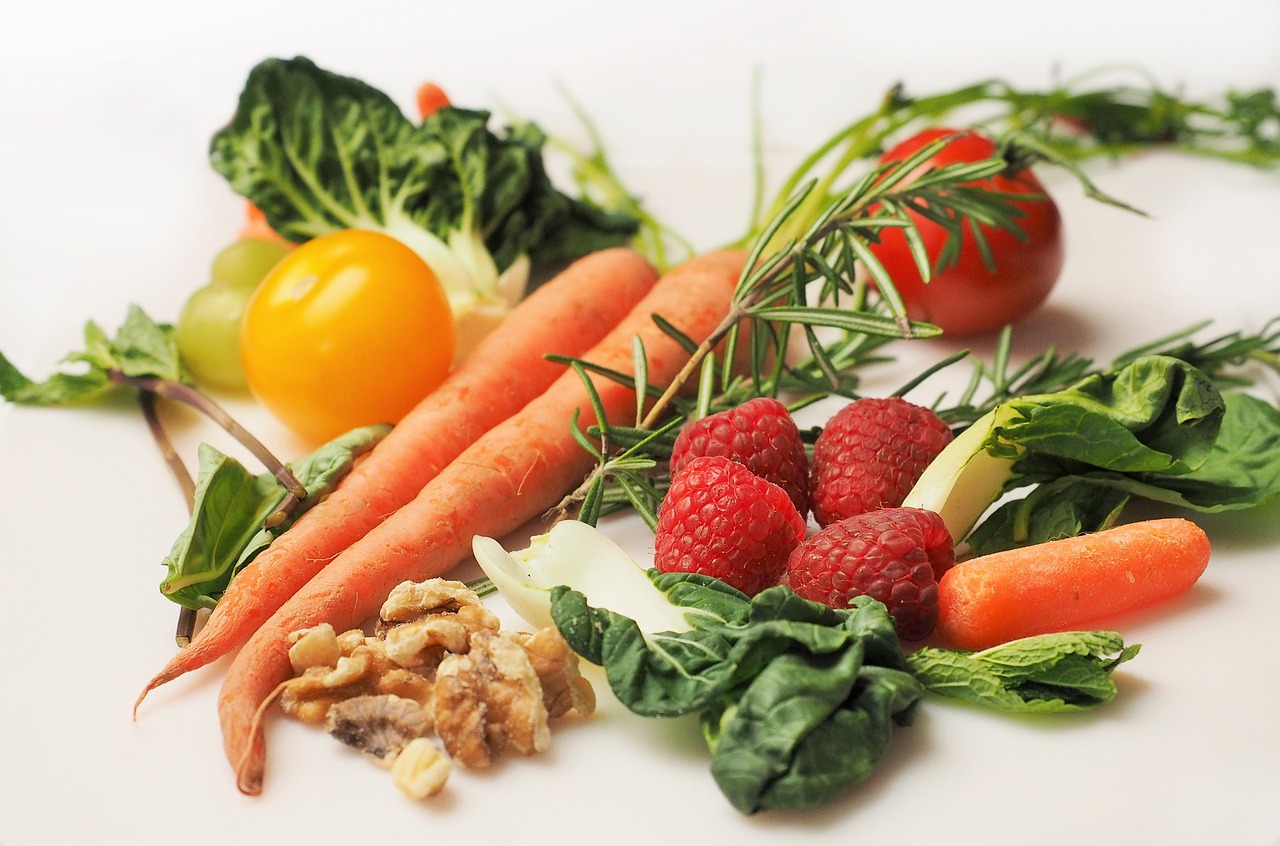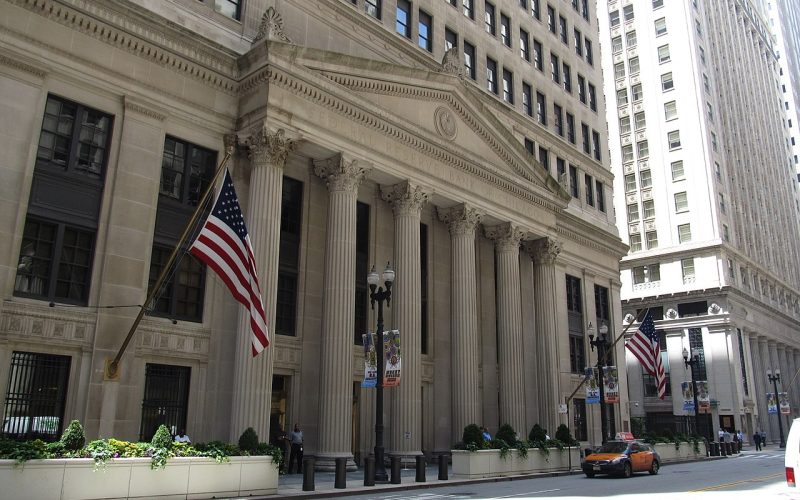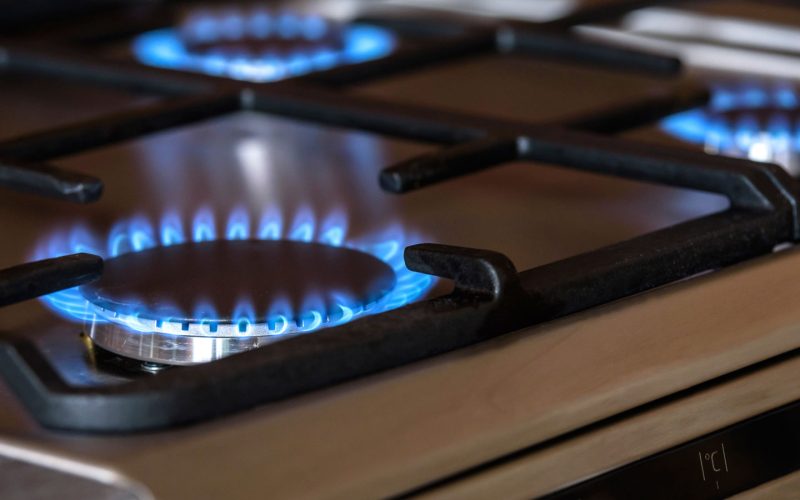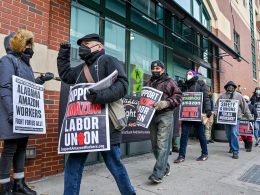Living expenses increased more than anticipated last month as food prices increased at the quickest rate in 45 years due to shortages of lettuce and vegetables.
Also, the cost of drinking in bars and restaurants increased as inflation increased from 10.1% in January to 10.4% in the year to February.
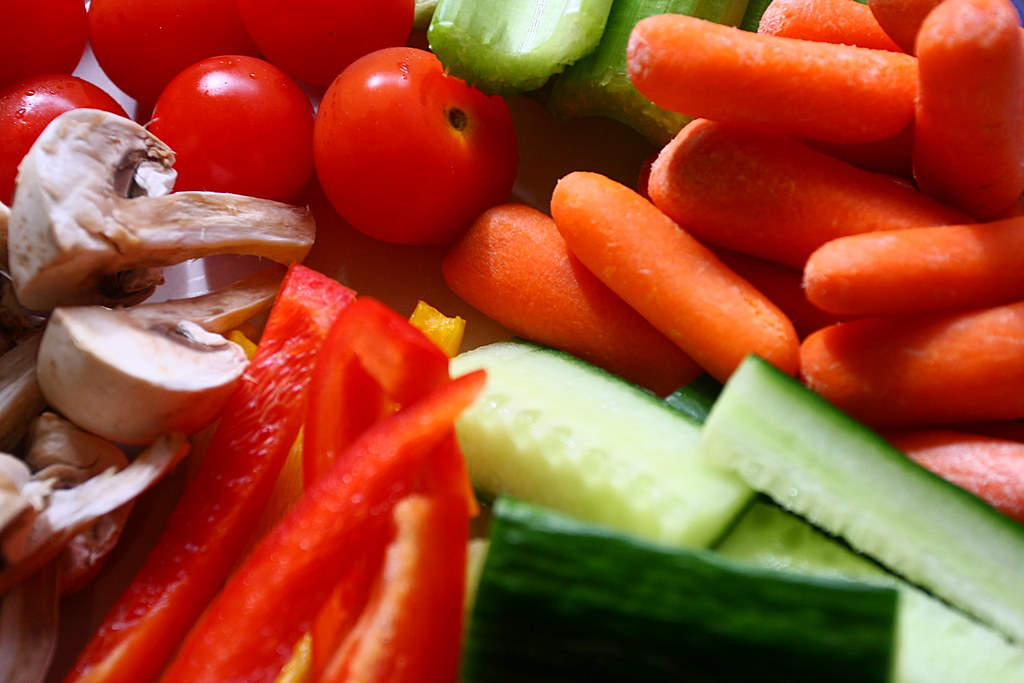
Last month, clothing costs increased, especially for women and children, but fuel prices continued to decline.
The unexpected numbers come before Thursday’s interest rate announcement.
The Bank of England, the UK’s central bank, will determine whether to raise, cut, or leave interest rates unchanged as it pursues its fight against inflation.
Since December 2021, it has increased interest rates ten times in an effort to make borrowing money more expensive and encourage consumers to spend less, with the goal of slowing the rate at which prices are growing.
The Office for National Statistics (ONS) monitors the prices of hundreds of commonplace commodities in order to calculate inflation, which assesses how prices fluctuate over time.
It said that the ongoing increase in food prices, which occurred at a time when retailers were reporting shortages of some salad ingredients and vegetables, played a significant role in February’s inflation number.
Extreme weather in Spain and North Africa hampered crops, while high energy prices hurt growers in the UK. Tomatoes, peppers, and cucumbers were among the products that were harmed. Supply chain issues also played a role in the issue.
The ONS reported that the shortages, along with higher costs for milk, olive oil, and eggs, contributed to a rise in food inflation to 18.2%, the highest level since 1978.
Unexpectedly rising from 5.8% to 6.2% was so-called “core inflation,” which excludes products like food, energy, alcohol, and tobacco whose prices might fluctuate.
Prior to February, inflation had been declining for three straight months, so the surprise increase was “depressing,” according to ONS Chief Economist Grant Fitzner. Longer term prospects were “not quite as dismal,” he told the BBC.
He predicted that this summer’s inflation would decline due to falling energy prices.
At Aubrey Allen, a wholesale butcher shop with a retail location in Leamington Spa, Lucianne Allen oversees sales and marketing.
She told the BBC that two areas where expenses had significantly increased were packaging and transportation.
“In the past 12 months, we’ve had to pass on some of that expense, but we’ve also absorbed some of it.
“I hope we’ve reached the pinnacle [of price increases], but inflation is still very real and very evident,” the speaker said.
The UK has more inflation than the majority of other significant developed nations. Slower price increases are “not inevitable,” according to Chancellor Jeremy Hunt.
“As we fight to get inflation under control, we will provide families with cost-of-living support of £3,300 on average per household this year,” he continued. “We recognize just how terrible circumstances are for families across the country.”
According to the most recent data, “nothing” in the UK economy is performing better than it did 13 years ago, according to Labour’s shadow chancellor Rachel Reeves.
Due to recent concerns about the health of the banking industry, many analysts had anticipated the Bank of England to hold interest rates on Thursday. But, in light of the inflation data, the majority now anticipate an increase to 4.25% from 4%.






